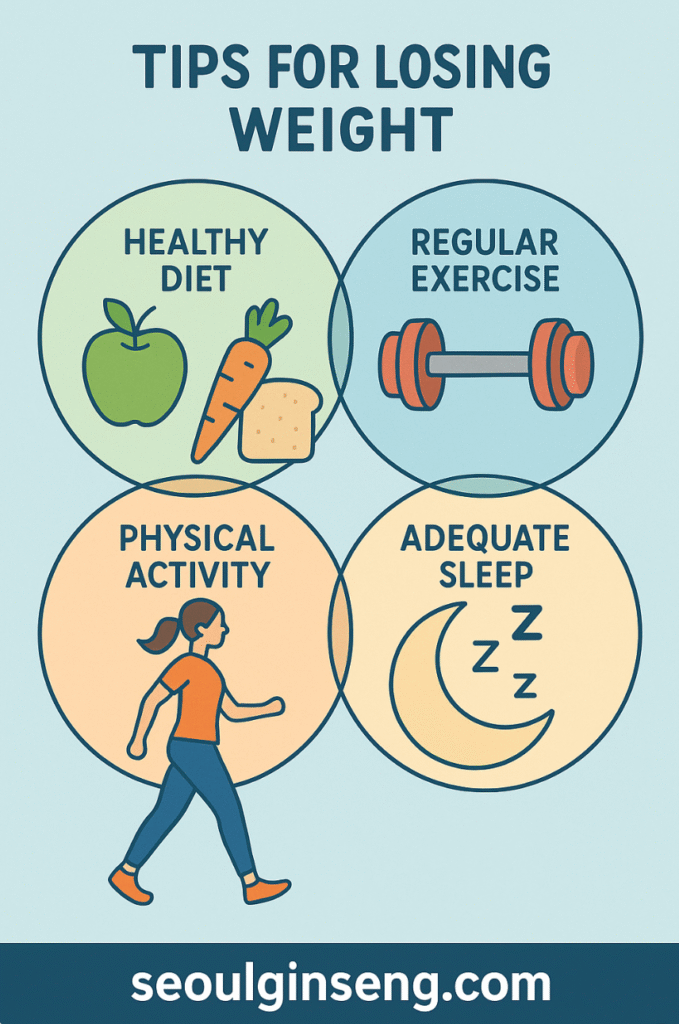Weight loss is one of the most common health goals around the world, but it remains one of the most misunderstood. Many people turn to fad diets or extreme workout routines that are not sustainable in the long run. True and lasting weight management comes from a combination of balanced nutrition, regular exercise, healthy sleep, and consistent lifestyle habits.
Understanding Weight Loss Beyond Calories
While the concept of “calories in versus calories out” remains central, successful weight management requires more than just counting calories. It’s about choosing foods that fuel the body, keeping metabolism active, and supporting mental health throughout the process.
- Metabolism: A well-functioning metabolism ensures that the body uses energy efficiently. Regular exercise, adequate protein intake, and sleep all play roles in maintaining metabolism.
- Hormonal balance: Stress and lack of sleep can disrupt hormones like cortisol and insulin, leading to increased fat storage and cravings.
- Sustainability: Crash diets may show rapid results but often fail long-term. The key is creating habits you can maintain for life.
Four Pillars of Weight Loss
1. Healthy Diet
A nutritious diet is the foundation of weight management.
- Focus on whole foods such as fruits, vegetables, lean proteins, whole grains, and healthy fats.
- Limit ultra-processed foods high in sugar, refined carbs, and trans fats.
- Consider portion control and mindful eating to prevent overeating.
Harvard T.H. Chan School of Public Health on Healthy Eating
2. Regular Exercise
Exercise not only burns calories but also improves cardiovascular health, builds muscle, and supports mood.
- Aim for at least 150 minutes of moderate-intensity activity per week (walking, cycling, swimming).
- Include strength training to build lean muscle, which boosts metabolism.
- Add flexibility and mobility exercises to support long-term health.
3. Physical Activity in Daily Life
Small actions add up. Even outside of structured exercise, staying active helps burn calories and maintain weight loss.
- Take the stairs instead of the elevator.
- Walk or cycle instead of driving short distances.
- Incorporate stretching or short walks during work breaks.
4. Adequate Sleep
Sleep is often overlooked but is critical for weight loss. Lack of sleep increases appetite-regulating hormones and reduces energy for exercise.
- Adults should aim for 7–9 hours of quality sleep each night.
- A consistent sleep schedule helps regulate metabolism and energy levels.
Common Pitfalls to Avoid
- Skipping meals – often backfires by slowing metabolism and causing overeating later.
- Over-exercising – increases risk of injury and burnout.
- Relying on supplements or miracle products – sustainable results come from lifestyle, not quick fixes.
Conclusion
Weight loss is not just about numbers on a scale—it’s about building habits that support long-term health and energy. By combining balanced nutrition, regular exercise, daily physical activity, and adequate sleep, anyone can create a sustainable path toward healthier living. Success lies in consistency, not perfection.
🇰🇷 Premium Korean Ginseng Online Shop







